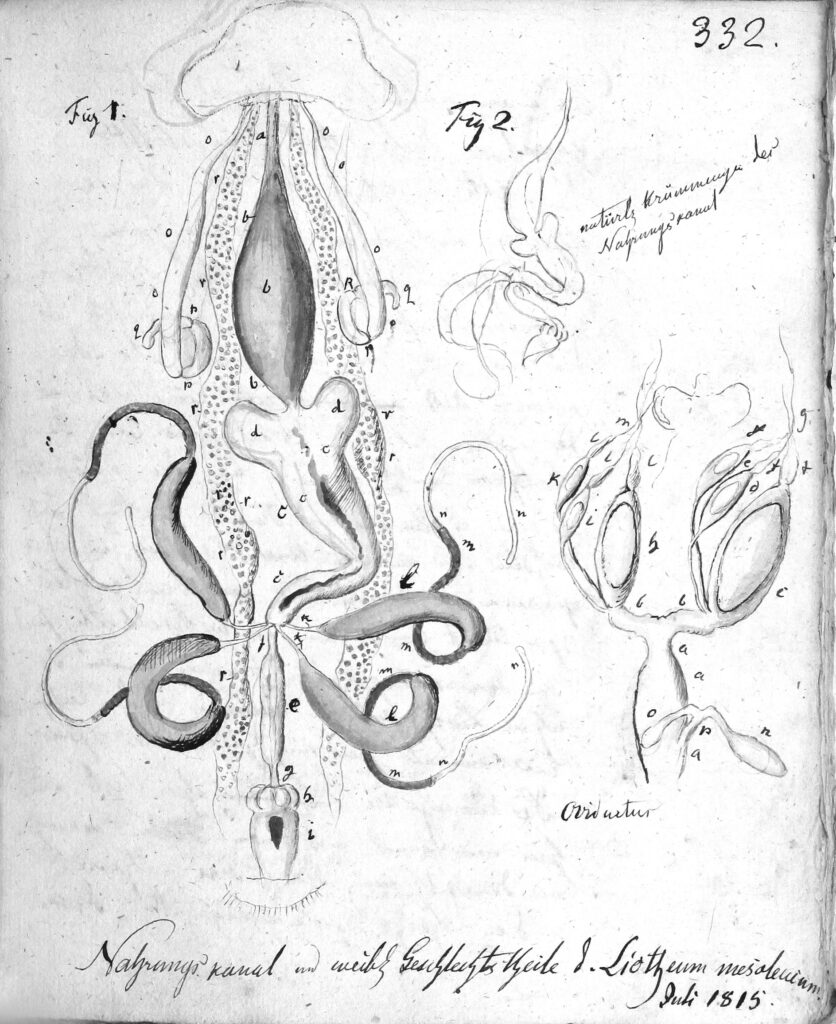Startpage » Usage + Visit » Subject Specific Services » Subject Information » Biology
Subject Information
Biology
Overview
Contact
This link leads to a list of all the subjects this person oversees.
Here you find the contact information of the above-mentioned person.
Library Holdings and Acquisitions
The University and State Library has extensive holdings of print titles reflecting the historical development of the subject since the 19th century. The current collection foci are aligned with the prevailing profile of university teaching and research (see below). Most of the newer media are made available electronically.
Finding and Using
Printed works relating to the Subject of Biology are primarily located in the Branch Library Heide-Süd (Ha 4). Older holdings are shelved in stacks and therefore only accessible for use in the reading room. The holdings as well as their locations can be researched via the ULB catalogues.
Current literature is largely obtained electronically (e-books, e-journals, databases) and thus is accessible within the university wifi or via VPN. Here, too, the ULB catalogues provide an entry point for research and access.
Consultation and Training Services
Training courses on library use as well as research for literature and databases and literature management systems are held on a regular basis. In addition, the library offers advisory services on open science and research data management.
Collection of Subject-Relevant Links
Electronically available journals of the specific subject are indexed in the Electronic Journals Library (EZB).
For researching subject-specific literature you can use various databases, which can be found by researching the Database Information System (DBIS) of the ULB.
Specialised Information Service Biodiversity Research
NFDI4Microbiota – National Research Data Infrastructure for Microbiota Research
NFDI4BioImage – National Research Data Infrastructure for Microscopy and Image Analysis
NFDI4BioDiversität – Biodiversity, Ecology and Environmental Data
DataPLANT – Data in Basic Plant Research
Please remember to activate the VPN connection when researching outside of reach of the university wifi.
History and profiling of the subject
The subject of Biology can look back on a long tradition at the MLU. Initially still part of the subject of medicine, the first chair of natural history and zoology was established in 1769. Botany was first mentioned in 1698, although not as an independent chair, in the course of the founding of the Botanical Garden as Hortus medicus. The Faculty of Agriculture, founded in the 19th century, contributed to the further development of the subject, too. Also noteworthy, is the teaching and experimental garden established on the Brocken (Harz) in 1890, which is now maintained by the botanical gardens of the MLU in cooperation with the University of Göttingen.
The Institute of Biology is currently represented by 15 professorships and includes the following areas: Genetics, Geobotany and Botanical Garden, Department of Microbiology, Plant Physiology, Zoology and Didactics of Biology. Research and teaching foci are: organismic-ecological studies (plants and insects) → see German Centre for Integrative Biodiversity Research (iDiv), as well as plant biochemistry, psychology, genetics and molecular biology → protein and RNA expertise.
The Institute of Biology offers both an undergraduate and graduate degree programme, teaching degree programme and two international graduate degree programmes (Biodiversity Science and Molecular and Cellular Bioscience). Related degree programmes are Biochemistry (undergraduate and graduate), Bioinformatics (graduate) and Pharmaceutical and Industrial Biotechnology (graduate). There are overlaps as well as cooperations with the subjects of biochemistry and biochemical technology, chemistry, physics, medicine, mathematics and computer sciences.

